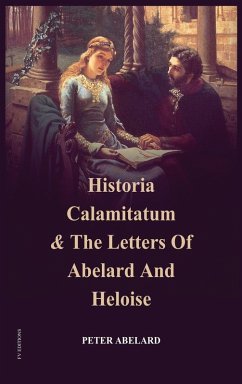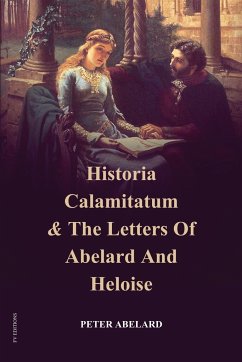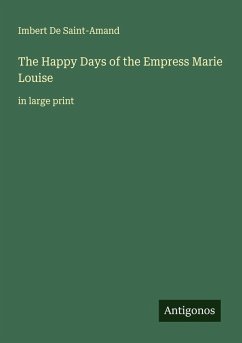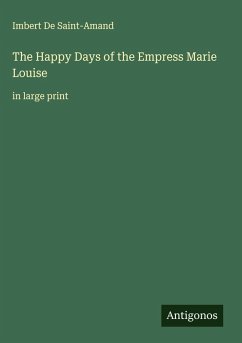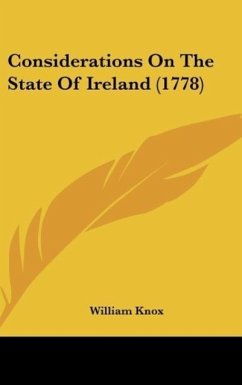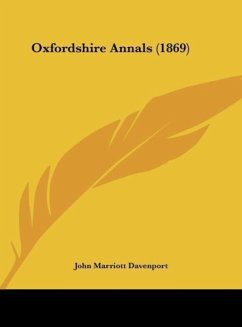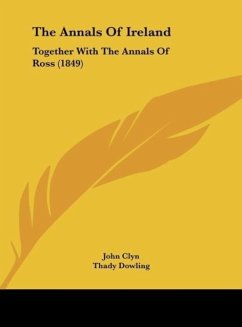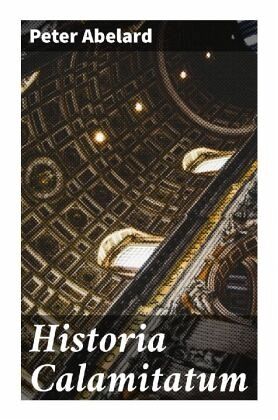
Historia Calamitatum
Versandkostenfrei!
Versandfertig in 6-10 Tagen
7,49 €
inkl. MwSt.
Weitere Ausgaben:

PAYBACK Punkte
4 °P sammeln!
In 'Historia Calamitatum,' Peter Abelard presents a poignant autobiographical narrative that interweaves personal confession with philosophical reflection. Written in a candid and conversational style, the text details Abelard's tumultuous life, from his ambitious intellectual pursuits in medieval Europe to his harrowing love affair with Heloise, ultimately exploring themes of desire, regret, and the quest for wisdom. This seminal work not only serves as a confessional but also engages with the socio-cultural milieu of the 12th century, marking an essential contribution to the development of a...
In 'Historia Calamitatum,' Peter Abelard presents a poignant autobiographical narrative that interweaves personal confession with philosophical reflection. Written in a candid and conversational style, the text details Abelard's tumultuous life, from his ambitious intellectual pursuits in medieval Europe to his harrowing love affair with Heloise, ultimately exploring themes of desire, regret, and the quest for wisdom. This seminal work not only serves as a confessional but also engages with the socio-cultural milieu of the 12th century, marking an essential contribution to the development of autobiographical literature in the Western tradition. Peter Abelard, a prominent scholar and theologian, experienced the paradox of being both a revered teacher and a tragic romantic figure. His innovative thinking challenged established norms, particularly regarding faith and reason, which may have fueled his desire to document his life and thoughts in 'Historia Calamitatum.' His interactions with significant figures in philosophy and the Church, alongside his personal tragedies, infuse the narrative with a profound depth that resonates with both the intellect and the heart. Readers are highly encouraged to immerse themselves in Abelard's reflective journey. 'Historia Calamitatum' invites exploration of the complexities of human experience, offering profound insights into the perennial struggle between passion and intellect. Whether approached for its historical context, philosophical underpinnings, or emotional depth, this work remains a cornerstone of medieval literature that continues to captivate and inform contemporary readers.




